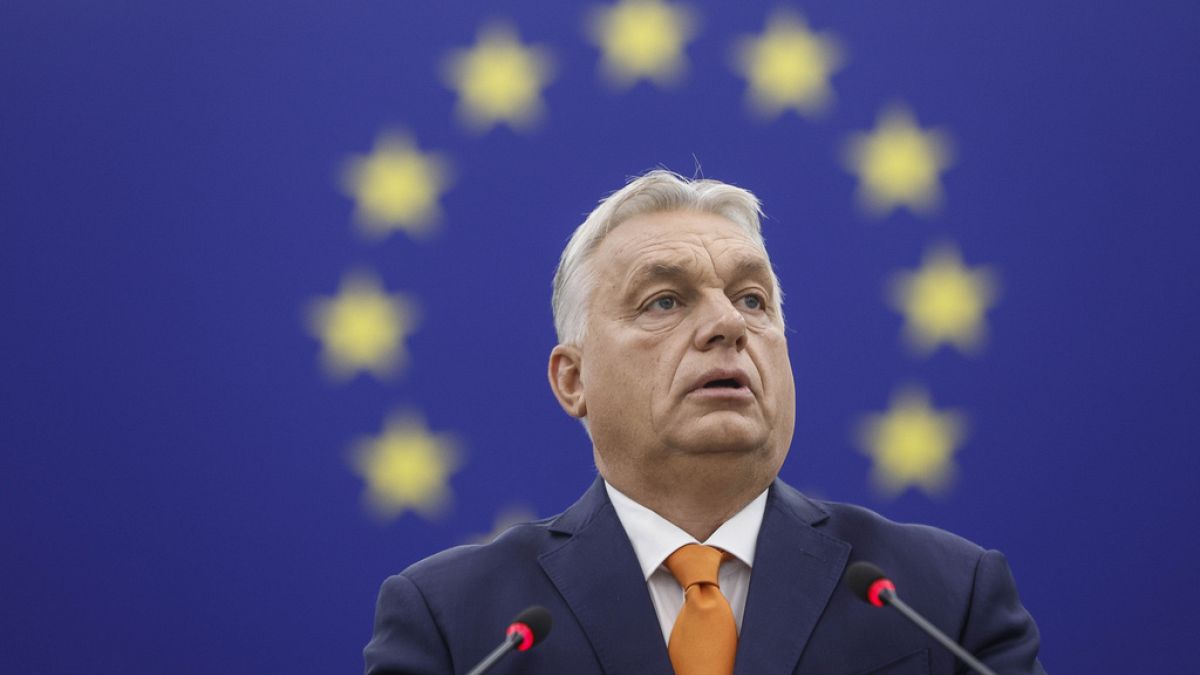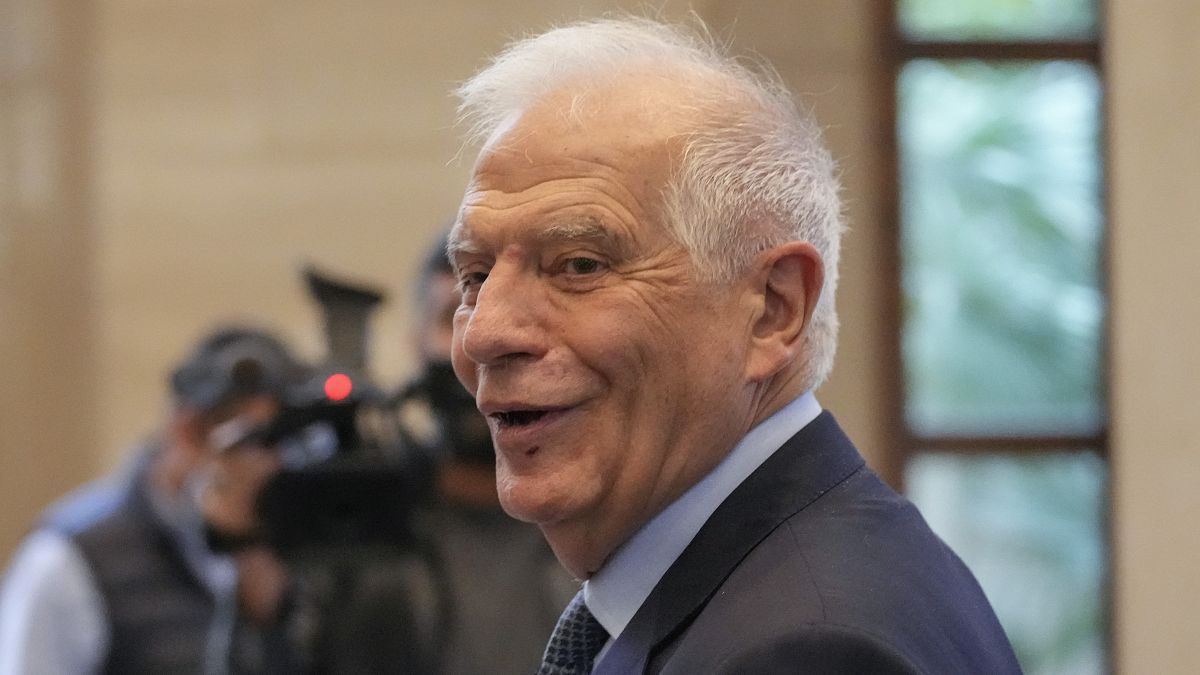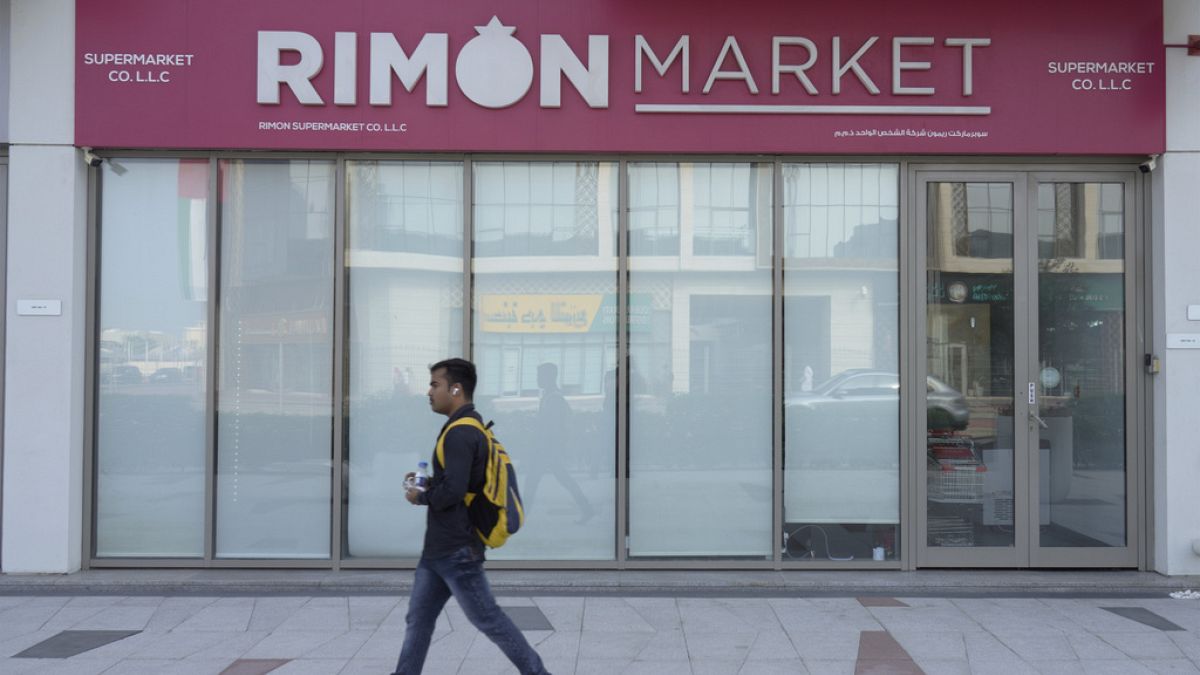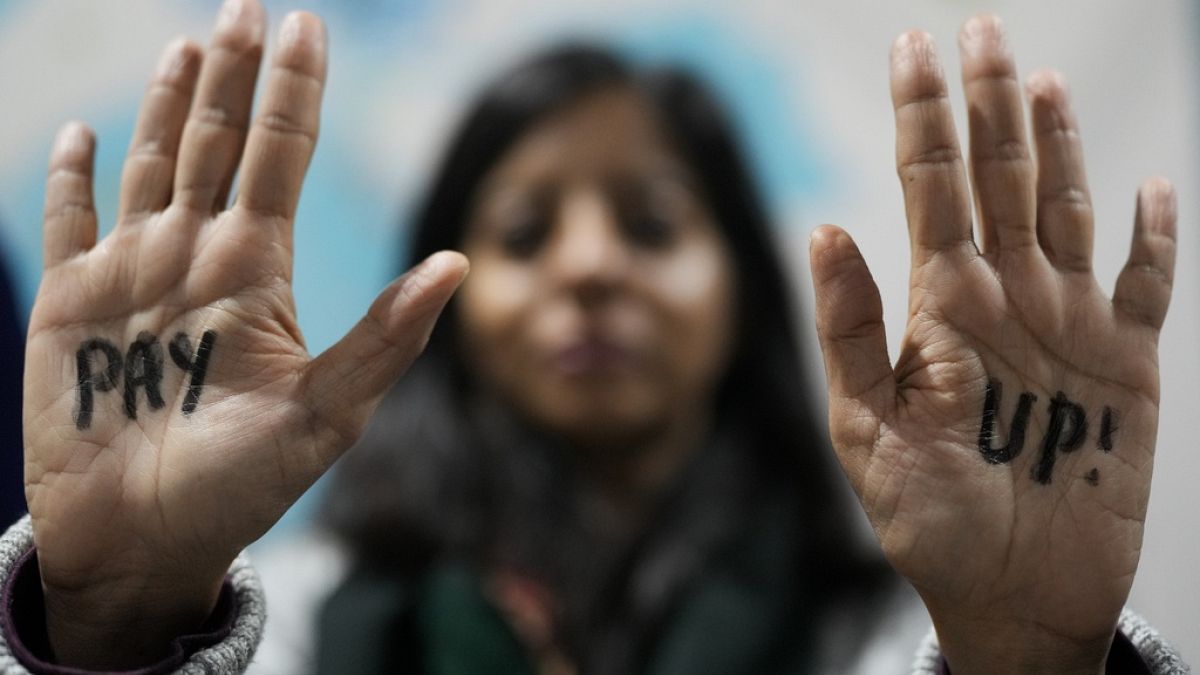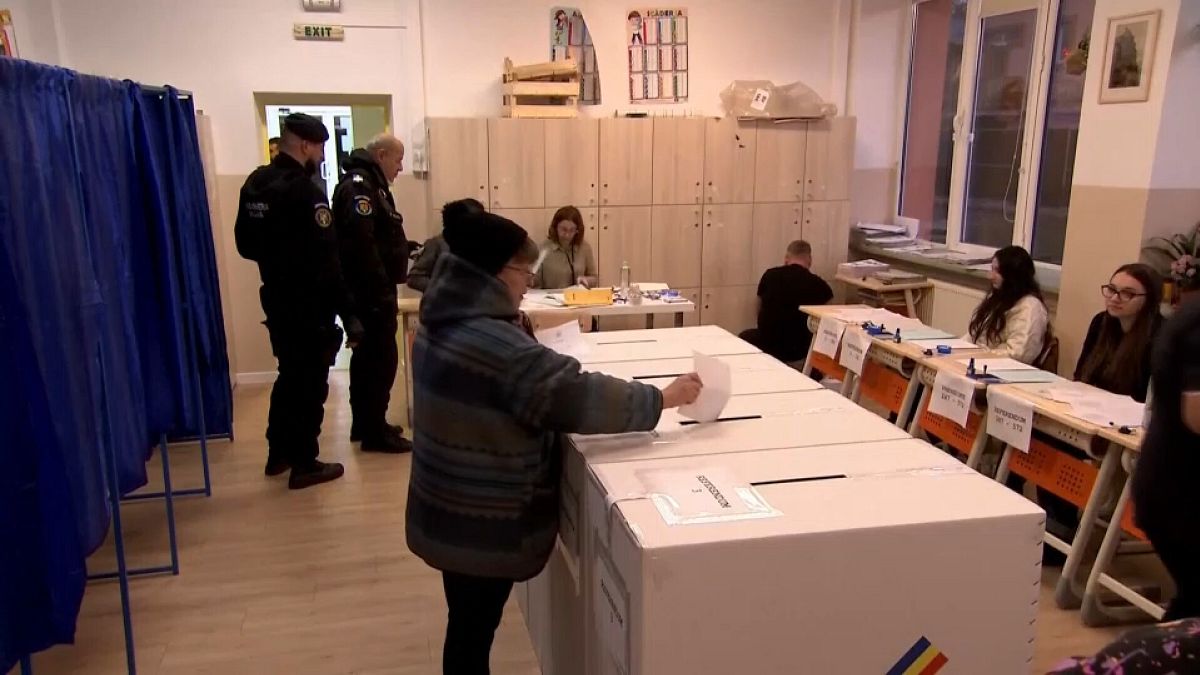The results vary depending on the metric being used and whether you’re looking at the European Union or Europe as a whole.
Prime Minister Viktor Orbán was accused of turning Hungary into “the most corrupt country in the EU” following his speech to the European Parliament last week.
After Orbán laid out his priorities for Hungary’s presidency of the EU on Wednesday, Péter Magyar, an MEP and former member of Orbán’s Fidesz party who has emerged as his biggest political rival, blasted the prime minister for ruining the country’s reputation.
“I’m happy that at least here, on behalf of the opposition and millions of Hungarians, I can ask you questions,” Magyar said, addressing Orbán directly.
“I hope that now you can explain to Hungarians how Hungary has gone from being a bright star to what is officially the poorest and most corrupt country in the European Union,” Magyar added.
The sentiment was echoed by other MEPs, such as Germany’s Moritz Körner, who labelled Orbán a “fraud” and called on him to step down.
But is it really true that Hungary is the most corrupt country in the EU or even the wider continent?
It depends: Hungary does consistently rank among the most corrupt European countries according to various scoreboards, but whether it’s the worst country for financial crime depends on the metric being used.
Transparency International’s most recent Corruption Perception Index puts Hungary squarely at the bottom of all EU countries.
On a scale of zero to 100 with zero being highly corrupt and 100 being clean, Hungary scored 42, followed by Bulgaria with 45 and Romania with 46.
This metric puts Hungary at 76th place out of 180 countries worldwide.
Transparency International slammed Hungary for “over a decade of systemic breach of the rule of law’, which has allowed corruption to “thrive unsanctioned”.
It added that Hungary’s attempts to silence critics reveal the Orbán government’s “commitment to protect the status quo”.
When you look at Europe as a whole, Russia is the country with the most financial crime, according to Transparency International, scoring 26 out of 100 and placing 141st out of 180.
Widespread corruption perceived in the EU
If we change the ranking system, the results change too.
Eurobarometer’s 2024 survey on EU citizens’ attitudes towards corruption found that 68% of Europeans consider corruption widespread in their country.
Among those, Greece was perceived to have the worst dirty money problem, with 98% of citizens saying corruption was widespread there. Next came Portugal and Malta, with 96% and 95% respectively.
Hungary actually came in eighth place, but a clear majority of people still consider the country corrupt: 88%.
Across the bloc, European citizens think their government isn’t doing enough to address corruption.
Some 65% think high-level corruption cases are not pursued well enough, and only 30% think government efforts to combat illicit funds are effective.






